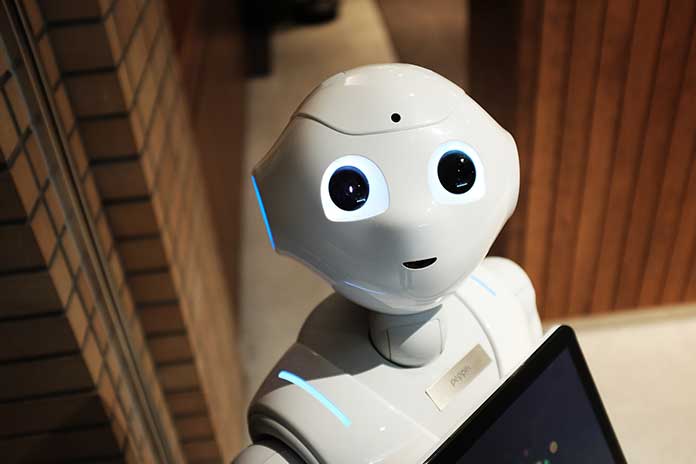AI automates repetition learning and data discovery
However, AI differs from hardware-based automation using robotics. AI is not used to automate manual activities; instead, it carries out computer-controlled tasks that arise frequently and with large amounts of data, reliably and without fatigue. Nevertheless, human intelligence remains indispensable for this type of automation, such as setting up the system and determining the right questions.
AI makes existing products smarter:
In very few cases, there will be a stand-alone AI application for sale. Instead, AI capabilities will be added to products you already use, such as Siri in a new generation of Apple products. Automation, chat platforms, bots, and intelligent machines can improve many technologies in the home and at work, from security intelligence to asset analysis, when combined with large amounts of data.
Thanks to progressive learning algorithms, AI is adaptable:
so that programming can ultimately be done through the data. AI finds structures and regularities in data. This gives the algorithm a capability and becomes a classifier or predictor. Just as the algorithm can teach itself to play chess, it can also teach itself which product should be offered online next. And the model changes as soon as new data comes in. One AI technique that enables this is backpropagation. If the model’s original answer is insufficient, it is retrained and supplied with new data.
AI enables more significant amounts of data to be analyzed at greater depth:
They are using neural networks that may have many hidden layers. A few years ago, it would have been almost impossible to build a fraud detection system with five hidden layers. Thanks to extremely high computing power and thanks to big data, things are very different today. Large amounts of data are required for training deep learning models because the models learn from data. The more data you provide for such models, the more precise they become.
AI achieves maximum accuracy:
Thanks to deep neural networks – that was almost impossible until now. For example, all of your interactions with Alexa, Google Search and Google Photos are based on deep learning – and the more we use these features, the more precise they become. In medicine, AI methods from deep learning, image classification and object recognition achieve the same accuracy in cancer diagnosis in MRI images as well-trained radiologists.
AI unlocks the full potential of data:
With self-learning algorithms, the data itself may become intellectual property. The answers are in the data. AI helps you find it. As data plays a more significant role today than ever before, it can give businesses a competitive edge. In a highly competitive industry, the companies with the best data win, even if they all use similar procedures.
Also Read: What is Artificial Intelligence?
